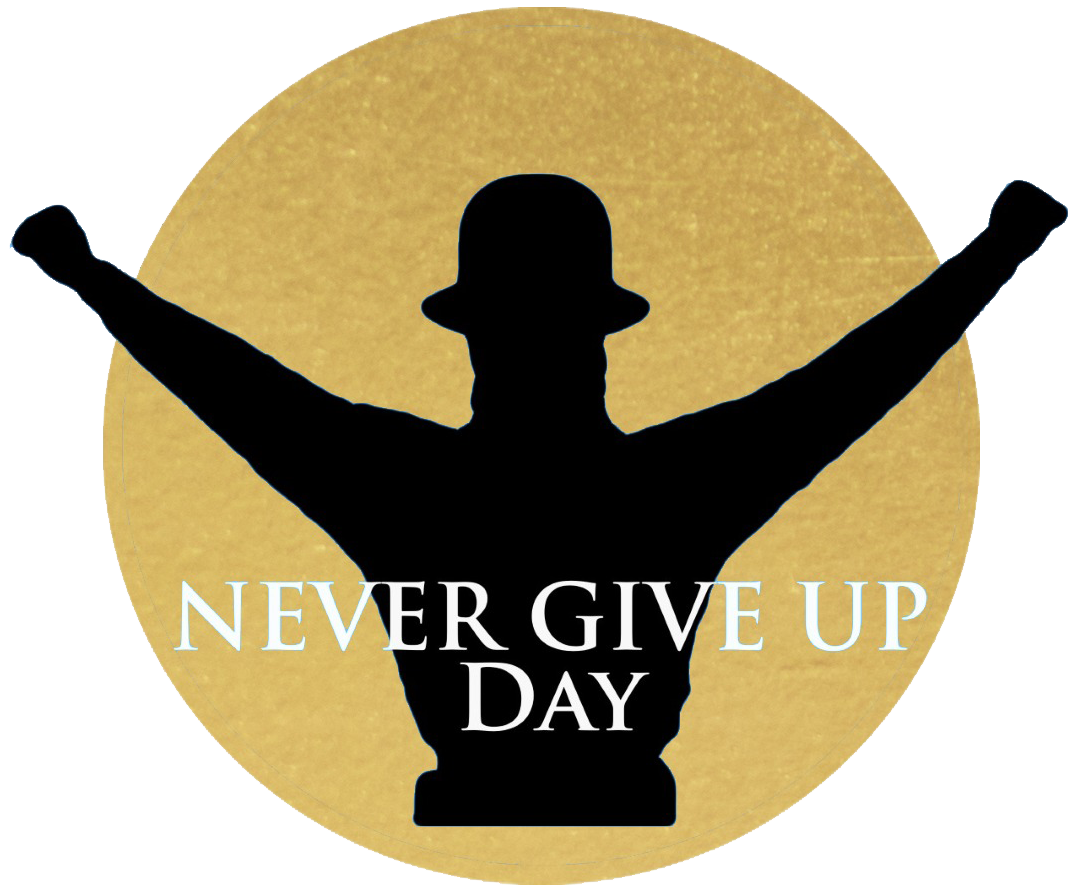The Science Behind Never Giving Up: Why Persistence Matters More Than We Think
Every great achievement in history has one thing in common: persistence. From scientific breakthroughs to business empires, from personal fitness goals to world-changing inventions, success is built on the foundation of never giving up. But what if we told you that the decision to persist or quit is not just a personal choice—it’s a deeply studied psychological and economic phenomenon? What if there were scientific studies that prove the consequences of giving up, both on an individual and societal level?
The Hidden Cost of Giving Up
Scientific research has long examined the patterns of perseverance and failure. Studies show that the decision to quit can impact not just our mental and emotional well-being, but also our economy and collective productivity. Consider these staggering statistics:
- A whopping 92% of people never achieve their goals, meaning only 8% of individuals turn their dreams into reality (Psychology Today).
- Each January, millions of people set New Year’s resolutions—whether to eat healthier, exercise more, or save money—but a shocking 90% give up within the first few weeks (udel.edu).
- In the business world, the numbers are equally sobering: about 1 in 4 U.S. businesses fail within their first year, nearly 50% fail within five years, and 65% don’t make it to their tenth anniversary (U.S. Bureau of Labor Statistics).
Understanding these statistics isn’t just about recognizing failure—it’s about finding ways to reverse this trend. When people give up, whether on personal goals, business ventures, or projects, we lose not just individual dreams but also potential innovations, economic growth, and societal progress.
The Science of Give-Up-itis: What Happens in the Mind When We Quit
Dr. John Leach conducted a groundbreaking study on what he coined as “Give-Up-itis”—the psychological and physiological response that occurs when a person decides to quit. His research shows that the moment an individual gives up, their brain chemistry shifts, leading to feelings of helplessness, decreased motivation, and even physical fatigue. The body reacts as if it has lost a battle, and this negative reinforcement makes it even harder to attempt new challenges in the future.
But there’s good news. Just as giving up can create a downward spiral, choosing to persist—even in small ways—can create a powerful cycle of resilience. Studies suggest that celebrating small wins and acknowledging persistence as a victory in itself can build determination, confidence, and long-term success.
Never Give Up Day: The Most Important Re-Motivation Day of the Year
Never Give Up Day isn’t just about celebrating perseverance—it’s about reigniting the fire within those who may be on the verge of quitting. Unlike daily motivational quotes that provide short-lived inspiration, this day is designed to have a lasting impact, serving as a critical reset button for millions of individuals and businesses alike.
Consider the words of Michiel Bartman, a three-time Olympic rower with one gold and two silver medals, who trained with a Nike poster on his wall that read: “The limit of human endurance. If you find it, call us.”
This mindset is the essence of Never Give Up Day. It’s a day to recommit to our goals, to recognize that setbacks are not failures, and to push forward with renewed strength.
Measuring the Impact of Giving Up and the Power of Persistence
Beyond individual experiences, researchers have developed ways to quantify perseverance and the rates at which people abandon their goals. These methods include:
- Longitudinal Surveys – Tracking individuals over time to determine when and why they quit their pursuits.
- Industry-Specific Data – Examining success and failure rates across different fields to identify common trends and obstacles.
- Psychological Studies – Analyzing the mental shifts that occur before and after someone decides to give up.
With this data, we can better understand how to reduce the rates of quitting and create systems that encourage resilience. Whether it’s through mentorship, community support, or structural changes in workplaces, we have the tools to foster a culture where persistence is celebrated and rewarded.
Final Thoughts: A Victory Worth Celebrating
It’s time to redefine success. Instead of measuring it solely by grand achievements, we must recognize that persistence itself is a victory. Every time you refuse to give up, you solidify your resilience, your confidence, and your future success. Never Give Up Day is a movement that reminds us all—progress, no matter how slow, is still progress.
So, the next time you feel like giving up, remember: you are unstoppable. And that alone is worth celebrating.






